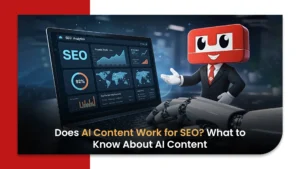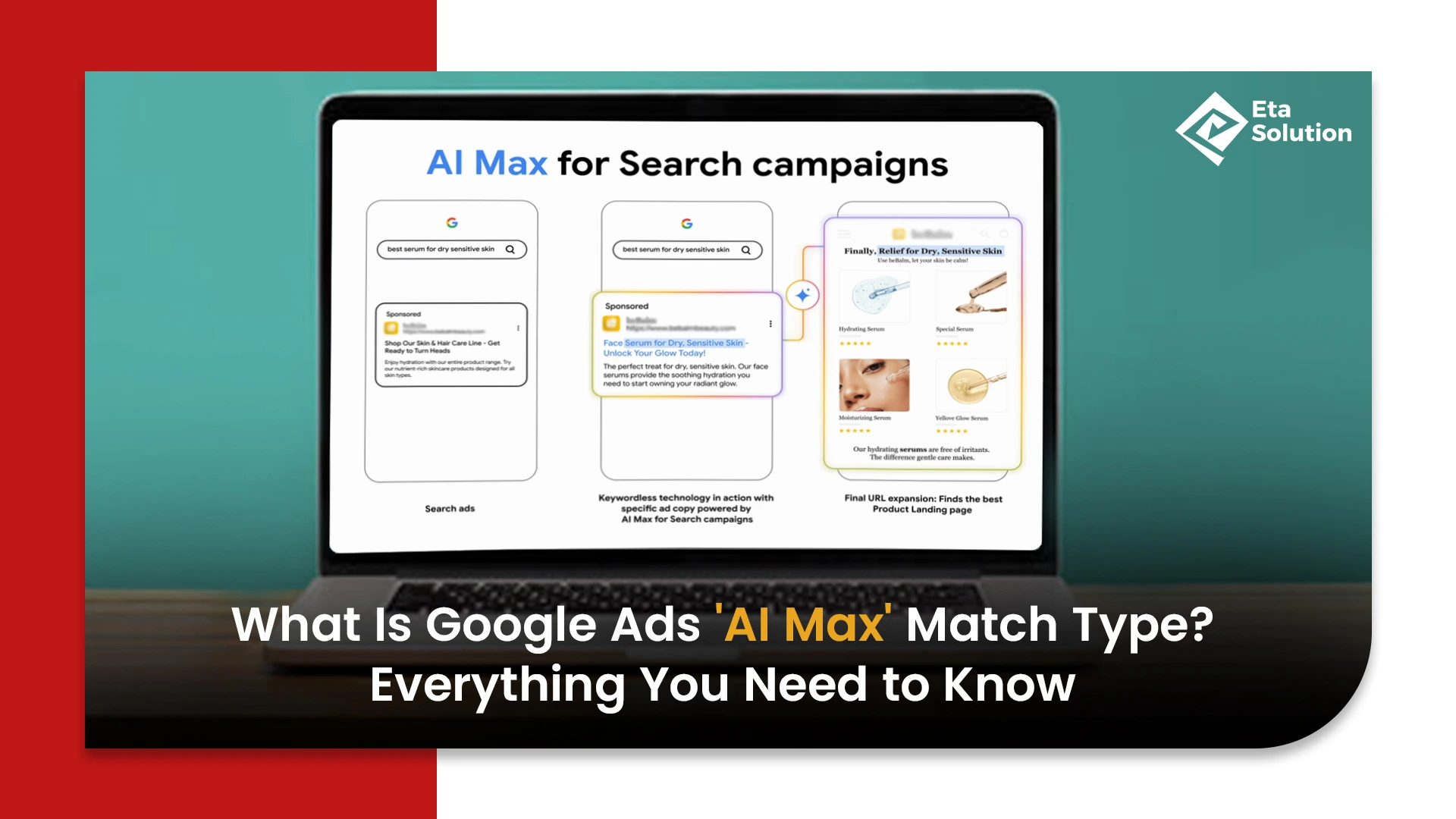
What Is Google Ads ‘AI Max’ Match Type? Explained Simply
Starting in early 2025, Google has been testing a new keyword match type called AI Max, which some in the PPC community are saying is the most disruptive development since Smart Bidding. While Google Ad automation has undergone little evolution over the past three years, the introduction of an AI Max match type indicates a new level of reliance on real-time automation and predictive modeling based not just on intent, but on user data that is contextual, behavioral, and historical.
If you are a business owner, CMO, or PPC strategist working through the complexities of campaigns, this could surely challenge how you use Google Ads management services – and there isn’t much time left to get informed.
We will examine some big questions in this blog: What is AI Max? Why should you care? And how might it change your ad performance moving into 2025?
What Is ‘AI Max’ Match Type in Google Ads?
AI Max is Google’s latest and most ambitious attempt to simplify keyword targeting through AI-powered match types. Unlike broad, phrase, or exact match types, AI Max does not rely solely on keyword text. Instead, it leverages Google’s latest smart bidding AI and user data to automatically identify high-conversion queries even if they barely resemble the keywords you input.
Essentially, Google is trying to move advertisers toward a system where the machine decides what’s “relevant” based on behavior rather than keywords.
Why Is Google Introducing Another Match Type?
It’s not about adding complexity. It’s about hiding it.
Over the past few years, Google has nudged advertisers toward more automation:
- Smart campaigns
- Broad match with Smart Bidding
- Performance Max
Yet, keyword-level control has remained sacred until now.
AI Max match type represents a shift toward PPC automation Google has always wanted. It minimizes manual intervention, increases reliance on Google’s data models, and pushes advertisers to trust AI over traditional keyword structures.
According to internal sources and leaked feedback from early beta users, Google aims to:
- Remove friction from campaign setup
- Improve long-tail conversion tracking
- Help new advertisers see faster ROI
- Streamline matching for voice and semantic queries
Google Ads AI Update on Max Match Explained
To appreciate what AI Max brings, let’s revisit the existing keyword match types:
Match Type | Description | Control | Reach |
Exact Match | Matches exact query or close variant | High control | Low reach |
Phrase Match | Matches the query with the same meaning | Medium control | Medium reach |
Broad Match | Matches to related searches, even loosely | Low control | High reach |
Each has its trade-offs between precision and volume. But with AI Max, Google is promising “contextual accuracy at scale.”
What Is the ‘AI Max’ Match Type?
In simple terms, AI Max is an AI-driven PPC strategy that allows Google to select any Search Query it deems relevant, regardless of your keyword list.
Here’s what makes it stand out:
- It uses behavioral signals, such as previous browsing history and purchase behavior.
- It considers search context, like device type, location, time of day, and even weather in some cases.
- It dynamically learns from what’s working and scales that behavior across campaigns.
Think of it less like a match type and more like a smart filter with a performance mindset.
How ‘AI Max’ Works
AI Max relies heavily on Google’s AI infrastructure, including:
- Gemini-based LLMs that interpret user intent at a semantic level.
- Real-time testing of multiple ad-to-query combinations using machine-learned modeling.
- Use of lookalike behavior clusters, not just demographics.
For example, if you target “custom wedding cakes,” AI Max might trigger your ad for:
- “best dessert for wedding”
- “order fancy cake near me”
- “bakery with 5-star reviews in Houston”
That seems loose, but based on conversion likelihood, not just keyword match.
Pros and Benefits of Using AI Max
If used correctly, the AI Max match type can offer powerful benefits:
- Higher intent matching: AI looks beyond keywords to match queries with stronger buyer signals.
- Time-saving setup: No need to build massive keyword lists.
- AI-powered learning: Google tests and adapts matches based on what actually converts.
- Increased reach for new businesses: This is especially advantageous when you have no historical data.
- Compatibility: There are automations that use smart bidding AI, which work very well with automated bidding types, such as Target CPA or ROAS.
From an internal case study, we had one retail client who generated 28% more conversions and had a 16% decrease in CPA after 30 days of switching from broad match to AI Max.
Potential Drawbacks and Limitations
That said, it is not all rainbows and butterflies. Here are some areas where you need to exercise caution:
- Limited transparency: You will not always know which queries triggered your ads.
- Over-reaching: It may match broader than intended with the query, wasting your budget.
- Less control: If you are a granularity optimizer, you may feel like you have less control.
- A lot of reliance on Smart Bidding: Without Smart Bidding, performance could falter.
We are in Q2 2025, and AI Max is still somewhat in beta, with results across industries being inconsistent.
You should always create a separate campaign to test AI Max so that you can determine the effect on your main ad set.
Putting ‘AI Max’ into Campaigns
As of now, AI Max is only available for advertisers in the Google Ads beta/experiment areas. More year-end offers for Q4 2025 availability rollout.
Steps to implement:
- Opt into AI Max in campaign settings.
- Enable Smart Bidding.
- Provide high-quality conversion data. AI Max thrives on clean signals.
- Use broad match keywords or intent clusters like “buy”, “hire”, “near me”.
- Monitor search term reports, exclusions, and adjust ad copy based on learning.
AI Max vs Other Match Types
Let’s break it down:
Feature | AI Max | Broad Match | Phrase | Exact |
Automation Level | Very High | High | Medium | Low |
Control | Low | Medium | High | Very High |
Ideal For | Scaling conversions | Exploring new queries | Targeted traffic | Precise targeting |
Smart Bidding Required | Yes | No (but recommended) | No | No |
While AI Max outperforms in volume and scaling, it’s not ideal for niche markets or B2B where precision is critical.
Who Should Use ‘AI Max’?
This match type is best suited for:
- DTC brands with high-volume traffic
- Service businesses operating in broad markets
- New advertisers without deep keyword knowledge
- Agencies offering Google Ads management services are looking to scale fast for clients
Avoid using AI Max if:
- You operate in a highly regulated niche
- Your conversion signals are weak or poorly defined
- You prefer manual bid strategies
Future of Match Types with AI Integration
With Google Ads 2025 pushing toward full automation, AI Max could be the first sign of a world where keyword input becomes optional. Already, there’s talk within PPC forums that an AI-driven PPC strategy may phase out traditional keyword logic entirely by 2027.
Google’s direction is clear:
- More automation over manual setup
- More contextual targeting over string-based matching
- Fewer touchpoints to conversion
On Reddit’s PPC, several senior advertisers noted that Performance Max, combined with AI Max, increased ROAS but decreased transparency to clients.
Final Take
The truth? AI Max isn’t just another match type; it’s Google’s bet on a new advertising paradigm. A model that focuses less on what users say and more on what users mean. If you’re using Google Ads Management Services in Ahmedabad or managing PPC in-house, this shift is going to have an impact on everything from your account structure to budgeting.
You still will need your strategies, creativity, and data discipline. But keyword match AI is becoming more about feeding the machine the right signals than controlling every lever manually.
As AI rewrites the rules of paid search, AI Max match type might be your best ally or your biggest blind spot. Either way, it’s here. And ignoring it won’t stop the wave; it’ll only leave you behind it.
Unlike broad, phrase, or exact match types that follow specific rules, AI Max blends them all using AI to decide when to show your ads. It looks at the overall meaning of search terms rather than just matching keywords exactly, giving it more flexibility.
Yes, since AI Max gives Google more control over where your ads show, you might get irrelevant clicks or higher ad spend if you’re not monitoring your campaigns closely.
It’s better to test AI Max alongside your current match types first, see how it performs, and then decide if it makes sense to switch fully.
If your account has access, you’ll see the AI Max option when adding or editing keywords in your campaign. If you don’t see it, it might not be available to you yet.
AI Max might help improve relevance and performance over time by showing your ads to the right people, but it depends on how well it learns from your campaign data.

What started as a passion for marketing years ago turned into a purposeful journey of helping businesses communicate in a way that truly connects. I’m Heta Dave, the Founder & CEO of Eta Marketing Solution! With a sharp focus on strategy and human-first marketing, I closely work with brands to help them stand out of the crowd and create something that lasts, not just in visibility, but in impact!
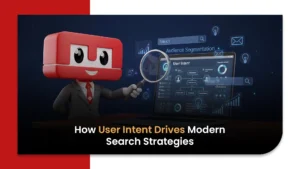
How User Intent Drives Modern Search Strategies
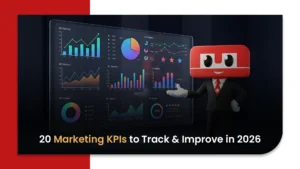
20 Marketing KPIs to Track & Improve in 2026
